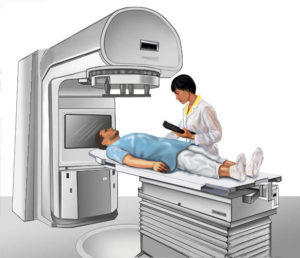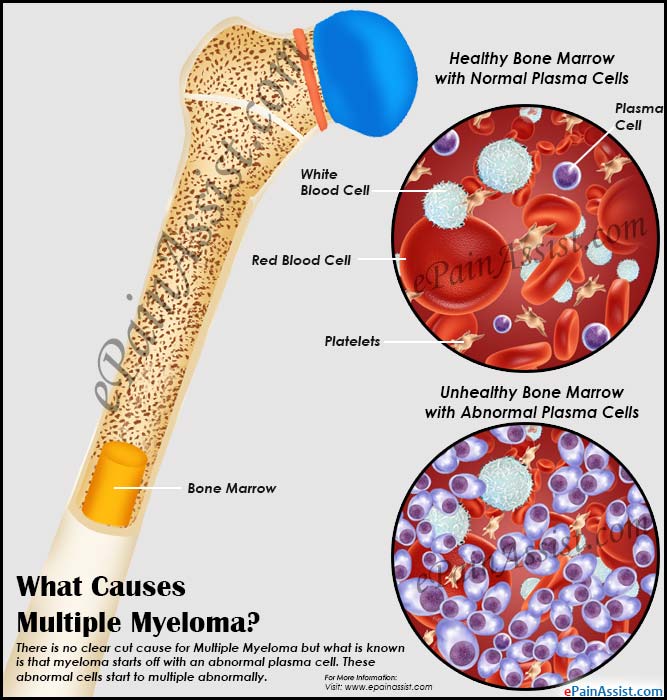Hello David- I am 46 and have been diagnosed with early Myeloma in fall of 2020. I don’t have any other health issues and do not take any prescription medication.

I’ve had some radiation on my pelvis for plasmacytoma and have been under observation. At the time of diagnosis I’ve had couple of bone marrow biopsies and they came back normal.
I do have bone lesions and have experienced some progression with them. My liver, kidneys, are functioning well. Overall all my blood work is normal except for the increasing kappa light chains and their ratio.

man hand holding his nutritional supplemets, healthy lifestyle background.
I have been a raw vegan since fall of 2021 and juicing a lot. I’ve done some detoxing, started using infrared blanket at home and started on many supplements and herbal teas.
My light chains dropped last month however went right back up this month. My oncologist is strongly suggesting 4 months of
- Cyclophosphamide,
- Bortezomib, and
- Dexamethason and
- then an Autologous Stem Cell Transplant.
I’ve been taking Zometa on quarterly basis since my diagnosis.
I’ve talked and seen posts from people who managed to go into remission naturally.
I’m really not sure about my next step in treatment and would love to hear from you as you’re so knowledgeable and have been dealing with this illness for so many years. Any information you’re willing to share would be greatly appreciated. Thank you in advance. Early Myeloma Patient
Dear Early Myeloma Patient-
I am sorry to learn of your early myeloma diagnosis. Several issues to set the stage for your therapy plan going forward.
Based on your explanation, you are stage 1 Multiple Myeloma. I think it is possible that you were pre-MM (either MGUS or SMM) at diagnosis. I mention this for several reasons.
I am pointing this out to you to illustrate to you that you are an outlier. You are much younger than average and you are early stage MM, you have much less disease.
The induction chemo combination of
- cytoxan (cyclophosphamide),
- velcade (bortezomib) and
- dexamethasone
followed by an ASCT is the “standard-of-care” for all newly diagnosed MM patients. Board Certified oncology is obligated to offer/prescribe this therapy plan.
In my experience, the SOC for your stage and age is much too much toxicity. Please read the “cure vs. control” essay linked below. Dr. Vincent Rajkumar, author of the essay, is a MM specialist at the Mayo Clinic. He is a very knowledgeable, experienced MM onc.
Your challenge, as I see it, is to manage your MM for decades. I use the word “decades” because the current five-year survival for newly diagnosed MM patients is about 50% and the average life expectancy is 5-7 years.
Your age will undoubtedly enhance your prognosis though my point is that conventional MM therapies are limited, meaning these therapies focus on stabilizing advanced MM (stage 2 or 3). Your MM is not advanced.
Therapy plan going forward? I ask this question because now that I have pointed out your challenges, I have to offer possible solutions…
Being young, healthy and pursuing a healthy lifestyle you are way, way ahead of the game. Conventional oncology and the FDA don’t study the non-conventional therapies that you mention. however, in my experience, these lifestyle therapies will enable you to balance the toxicity you may need to manage your MM.
Your main challenge to managing your MM in the coming years will be your bone involvement aka bone lesions. MM exhibits itself differently in different survivors. I say this because you mention that your diagnostic testing is normal- BMB, kidney, liver. An above normal range kappa light chain and K/L ratio is a concern eventually. I say eventually because it depends on how much above the normal range your numbers are.
Regular diagnostic testing, especially imaging (PET, CT, MRI, etc.) will enable you to keep an eye on your bone involvement. Your lesions may grow more slowly or more quickly. In my experience your non-conventional lifestyle combined with only enough chemo and radiation to manage your MM and bone involvement is the therapy plan that will offer you the best length and quality of life.
I encourage you to work with an MM specialist if you have not already done so. Also, I encourage you to add anti-angiogenic foods to your diet. Please watch the Ted Talk given by Dr. Bill Li in the nutrition guide.
I will add the MM CC nutrition, questions and cannabis guides below. This turned into a long reply. Let me know if you have any questions.
Are you experiencing any symptoms such as nerve pain or bone pain?
Hang in there,
David Emerson
- MM Survivor
- MM Coach
- Director PeopleBeatingCancer
“Although not often openly acknowledged, “cure vs control” is the dominant philosophical difference behind many of the strategies, trials, and debates related to the management of myeloma. Should we treat patients with myeloma with multidrug, multitransplant combinations with the goal of potentially curing a subset of patients, recognizing that the risk of adverse events and effect on quality of life will be substantial? Or should we address myeloma as a chronic incurable condition with the goal of disease control, using the least toxic regimens, emphasizing a balance between efficacy and quality of life, and reserving more aggressive therapy for later?
To be sure, if cure were known to be possible (with a reasonable probability) in myeloma, it would undoubtedly be the preferred therapeutic goal of most patients and physicians. But this is not the case….”





